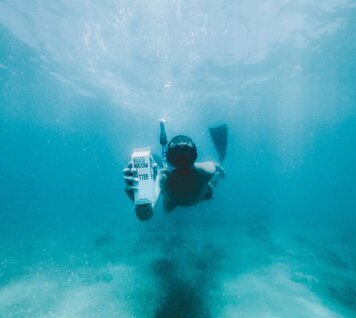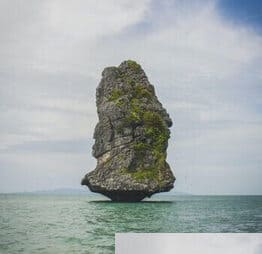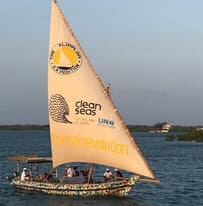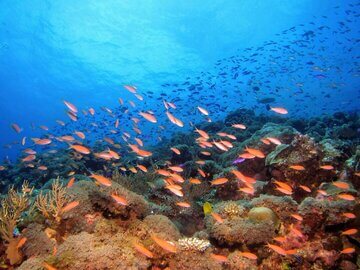NOTICE: Clean Seas is transitioning under the #BeatPlasticPollution campaign.
Since its inception in 2017, Clean Seas became the largest global campaign to raise awareness on plastic pollution and marine litter. 69 countries joined the campaign, representing 76% of the world’s coastline, committed to implementing stronger legislation and policy changes at national, regional, and local levels and further promoting citizen science and behaviour change with over 115,000 people pledging to reduce their plastic footprint. Through the campaign’s consistent messaging and outreach and strategic partner engagement, Clean Seas set the foundation to establish an Intergovernmental Negotiating Committee to support Member States in negotiating a legally binding global plastics treaty.
Clean Seas is a prime example of how knowledge management and capacity development can inspire change and collective action amongst governments, businesses, and individuals. Over the years, Clean Seas has contributed leaps and bounds to furthering the conversation on the impacts of plastic pollution.
The efforts of Clean Seas will continue under the Global Partnership on Plastic Pollution and Marine Litter (GPML) and the #BeatPlasticPollution campaign. Please visit the following sites to learn more about how the GPML and the Beat Pollution platforms are leading the discussions to end plastic pollution.
Did You Know?
We are turning the tide!
-
69
since February 2017, 69 countries joined the Campaign
-
8
Countries have national laws or regulations that establish bans on microbeads
-
80%
1000 rivers are accountable for nearly 80% of global annual riverine plastic emissions
-
Globally
51 trillion
There are an estimated 51 trillion microplastic particles in our seas
HEROES, INITIATIVES, AND PARTNERS IN ACTION
Clean Seas is spotlighting the Arabian Ocean Rowing Team as they embark on what is considered one of the last great adventures on our planet, rowing 5,000km across the Atlantic Ocean from La Gomera in the Canary Islands to Antigua in the Caribbean, facing waves up to 40 feet, to raise awareness around ocean health and the need to build humanity’s relationship with the ocean, highlighting the issues caused by plastic pollution, and advising on ways individuals of all ages can change their personal behaviour, inspire their own communities, and create a better future for our planet. In utilizing the upcoming row, and sport more generally as an advocacy tool, the team illustrates the importance of ocean conservation by facing the plastic truth and finding solutions to end plastic pollution.


























